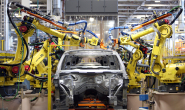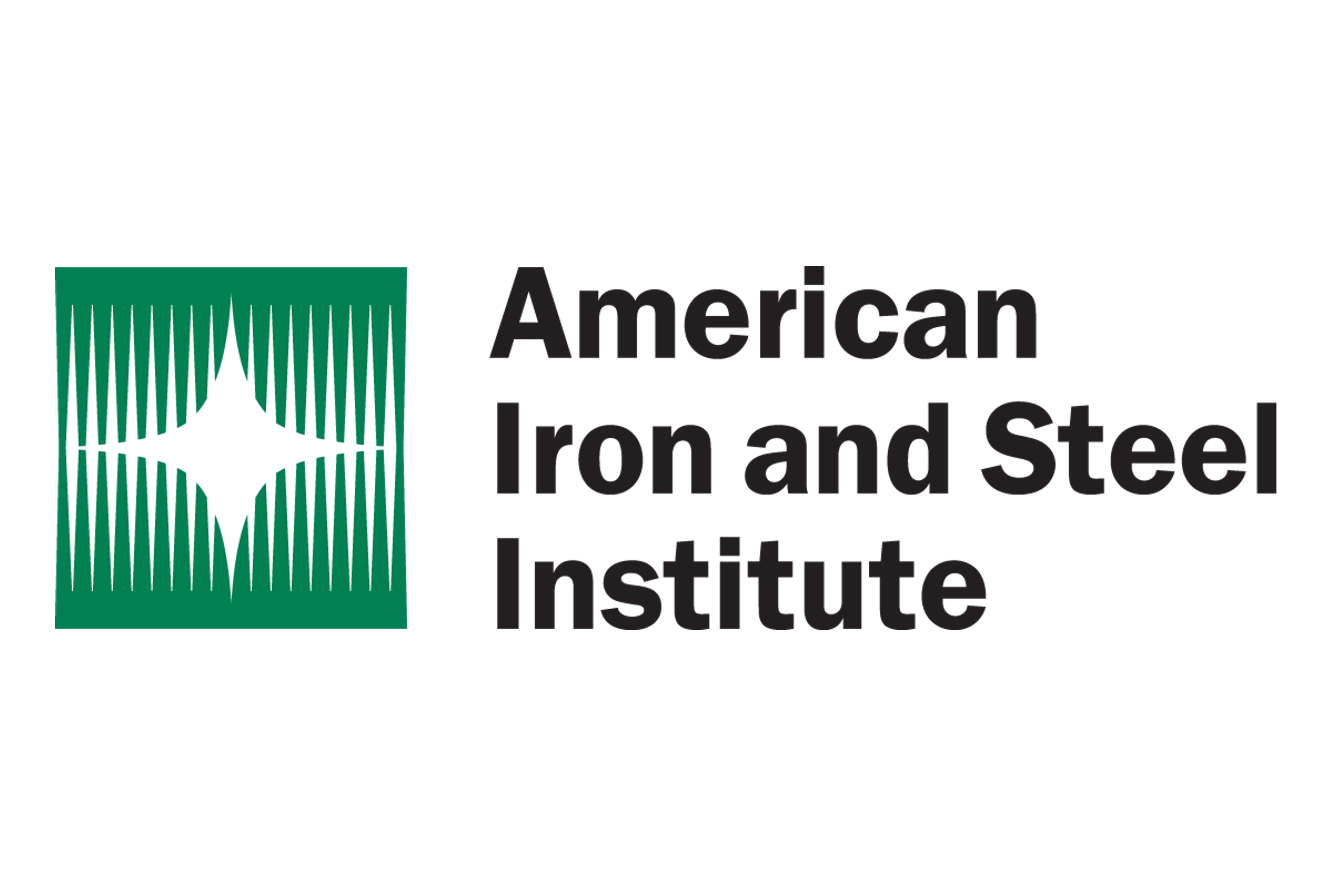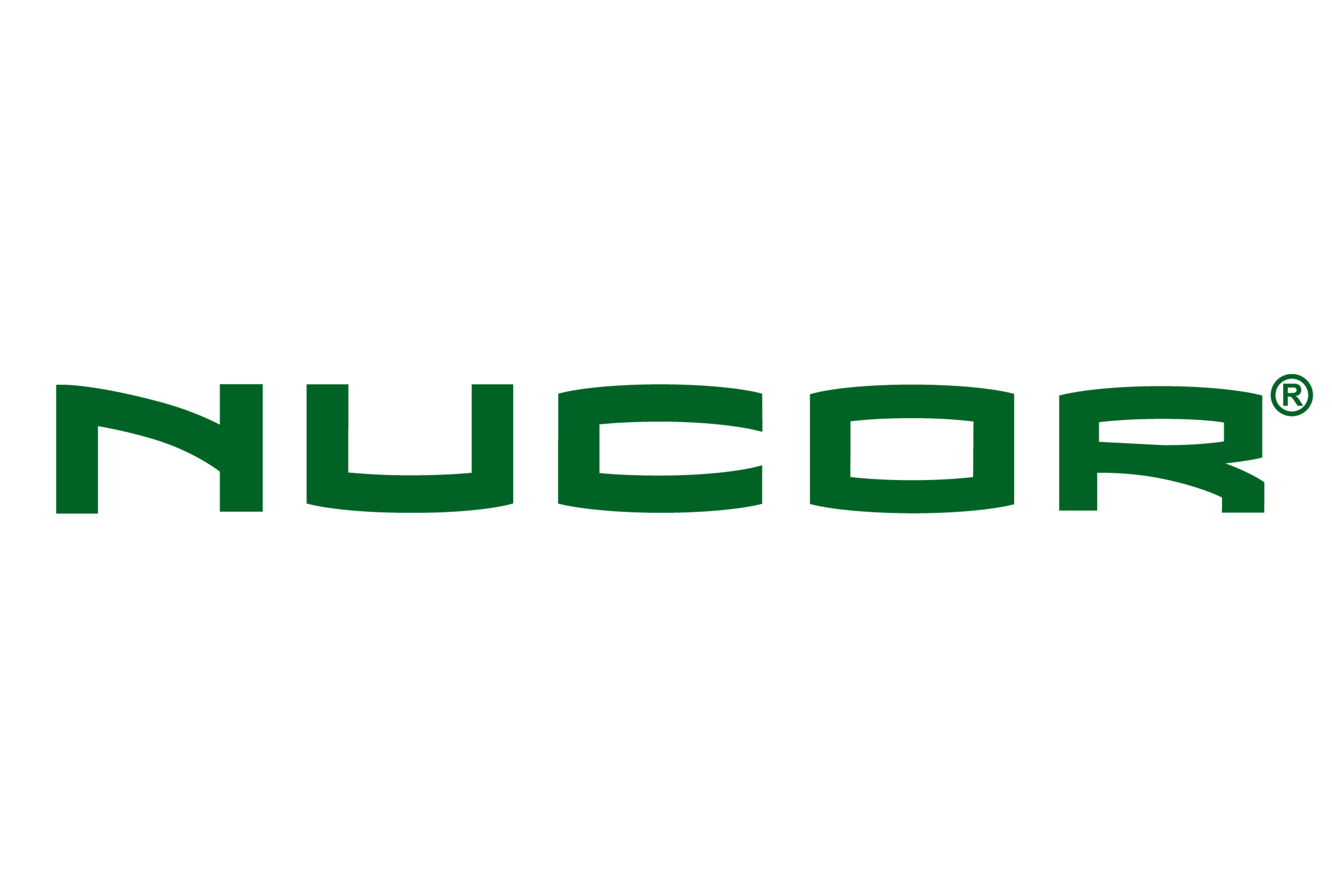Analysis

January 21, 2022
Auto Production Improving Despite Ongoing Chip, Labor Hurdles
Written by David Schollaert
Though supply-chain bottlenecks, semiconductor scarcity and labor issues have improved for North American automakers, experts anticipate pockets of disruption lingering for much of H1 2022.
![]() Stellantis – Chrysler’s European parent company – said the automaker’s assembly plants in Belvidere, Ill., and Toluca, Mexico, are back up and running after recent downtime. Yet, its assemblies in Brampton and Windsor, Ontario, and Saltillo, Mexico, remain down.
Stellantis – Chrysler’s European parent company – said the automaker’s assembly plants in Belvidere, Ill., and Toluca, Mexico, are back up and running after recent downtime. Yet, its assemblies in Brampton and Windsor, Ontario, and Saltillo, Mexico, remain down.
Its van assembly plant in Saltillo will remain down for retooling through Feb. 10, and its Brampton plant will remain idled through Jan. 26 “to align production with global sales.” The carmaker’s Windsor assembly plant, meanwhile, will be down the week of Jan. 24 due to the chip shortage, a company spokeswoman said.
She added that the Auburn Hills, Mich.-based automaker continues to work closely with its suppliers to mitigate any manufacturing impacts caused by the various supply-chain issues facing the auto industry.
General Motors
The largest domestic automaker said that, starting Jan. 31, it will resume two production shifts at its assembly plants in Kansas City, Kan., and Coahuila, Mexico.
“Given the improved flow of semiconductors in our supply chain, General Motors is resuming two shifts of production at both Fairfax Assembly and Ramos Assembly,” a company spokeswoman said. “This will allow us to increase production of popular GM vehicles that have been in tight supply, including the Cadillac XT4, Chevrolet Malibu, Chevrolet Blazer and Chevrolet Equinox.”
The good news didn’t stop there for the Detroit-based automaker. Not only are several of its North America assembly plants scheduled to run weekend overtime shifts in January, including its full-size truck and full-size SUV plants, the company anticipates higher production volumes in 2022 compared to 2021.
Further details on GM North American assembly plant scheduling adjustments are below:
- Fairfax’s two production shifts restarting on Monday, Jan. 31, are in addition to the already added shift of Cadillac’s XT4 back on Sept. 20 and the additional Chevy Malibu production shift added Nov. 1.
- Ramos Assembly’s two new production shifts also set for Monday, Jan. 31, are in addition to the Chevy Blazer production shift that restarted on Oct. 18 and the single shift of limited Chevrolet Equinox production that resumed on Jan. 3.
Japanese automaker Toyota Motor Corp. had no news to report until mid-February, a company spokeswoman said. Neither did Ford, Nissan or Daimler – all reporting steady production. Honda referred SMU to a stock statement that provided little detail and is typically rolled from one week to the next.
As a general guideline, each vehicle produced in North America contains roughly one ton of steel.
By David Schollaert, David@SteelMarketUpdate.com







